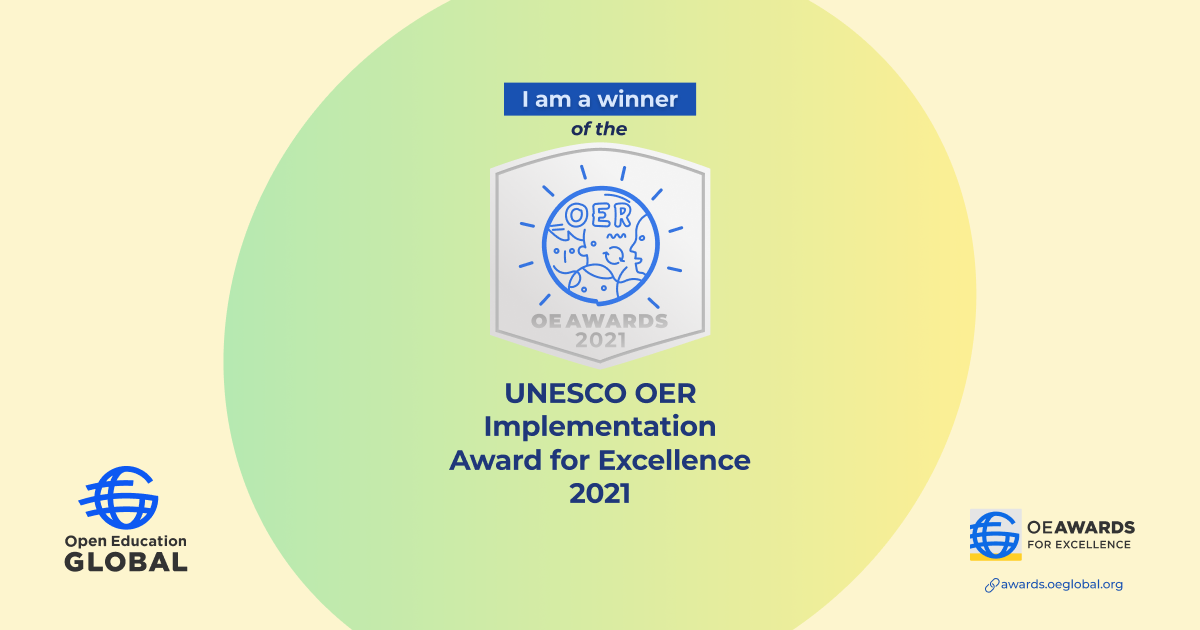Start your Master’s degree (MEd Interdisciplinary) at the Werklund School of Education, University of Calgary. Apply before March 1st 2023! Take 4-courses each year while you work and finish your degree in three years!
Here’s some complementary 4-course topics that might interest you for your first or second year in the program:
Leading and Learning in a Digital Age (Fully Online)
Be a Leader in the Digital Age!
Join us in the award winning, fully online Master of Education program, Leading and Learning in a Digital Age acknowledged with a UNESCO Open Education Resource (OER) Implementation Award in 2021! Digital innovation and learning in multimodal contexts have become a global focus. Explore the complexities of inclusive and high-quality digital learning environments using online pedagogies. This four-course topic in Learning Sciences is fully online and designed with flexibility for working professionals. Learn alongside instructors and invited guests who are internationally recognized in the educational technology field and experience a highly interactive online learning experience with zero textbook costs (ZTC). New topics will include discussions around artificial intelligence!
Take risks and learn how to use innovative technologies, develop your social learning network, and critically examine the literature and research in the field. Plan to make a difference in your work context to help others navigate the complexities of living and working a digital world. This program attracts teachers and professionals in educational environments as well as professionals in other fields and disciplinary areas, world-wide.
For more information about this program, contact Dr. Barbara Brown – [email protected]
Collaborative Creativity for Social Innovation & Strategic Design (Fully Online)
Be a Changemaker!
Become a cohort member of this transformative four-course, fully online graduate program in education for those wishing to develop collaborative cultures of creativity in their professional workplaces, classrooms, and across connected networks. Learn to engage in interactivity and empathetic and generative communication in a way to achieve high levels of collaboration that leverages the strengths of each group and community member to achieve what would be difficult or near impossible as individuals. All courses are online and highly interactive!
A central feature of this program is continual collaborative engagement in contextual personal and professional creative problem solving across a wide range of real-world contexts from the United Nations Sustainable Global Goals to the classroom or professional workplace. This is supported by action and literature-based research in creativity, collaboration, and human-centred design. The Collaborative Creativity for Social Innovation & Strategic Design graduate program will help you develop and empower your creative and collaborative potentials and those around you.
For more information about this program, contact Dr. Robert Kelly – [email protected]
Dynamic Design in Education (Fully Online)
Dynamic Design in Education sponsors an immersion into the sciences underlying learning to help educators and leaders understand the strengths and benefits of good learning design and the many challenges that teacher designers face. As you engage in this cohort-based learning experience, you will come to appreciate designs for learning and assessment for learning, collaborate with your peers to create new designs for learning and research, and develop new insights and competencies in the evaluation of learning and learning environments – for learners and for teachers. For those new to design thinking, this graduate certificate engages you in recognizing yourself as a designer of learning in your subject of expertise to transform your students’ learning experiences across different learning environments (formal and informal; online, face-to-face, and blended). The Dynamic Design program is fully online!
For more information about this program, contact Dr. Michele Jacobsen – [email protected]
Learn more about the MEd Interdisciplinary Program and other topics offered for Summer 2023!


